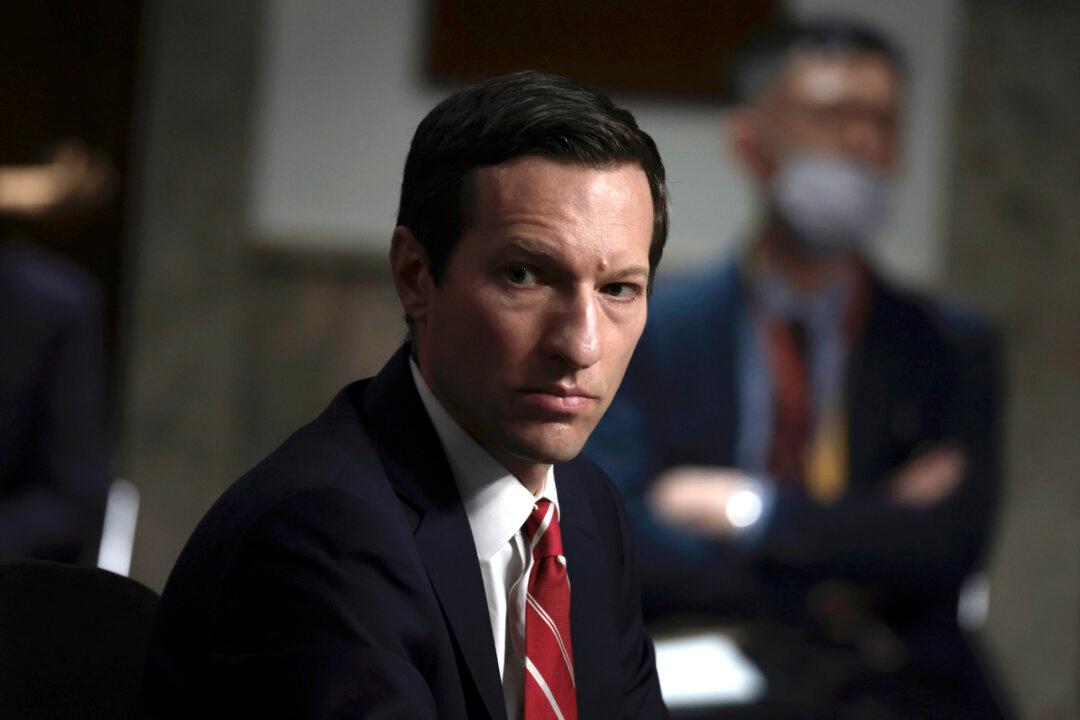The Chinese military would likely fail if it tries to blockade Taiwan, senior Pentagon officials told Congress on Sept. 20, noting that there'll be “nothing easy” for the regime in invading the self-ruled liberal democratic island.
“It would likely not succeed,“ Ely Ratner, U.S. assistant secretary of defense for Indo-Pacific security affairs, told the House Armed Services Committee. ”It would be a huge risk of escalation for the PRC [People’s Republic of China], where it would likely have to consider whether or not it was willing to ultimately start attacking commercial maritime vessels.”





